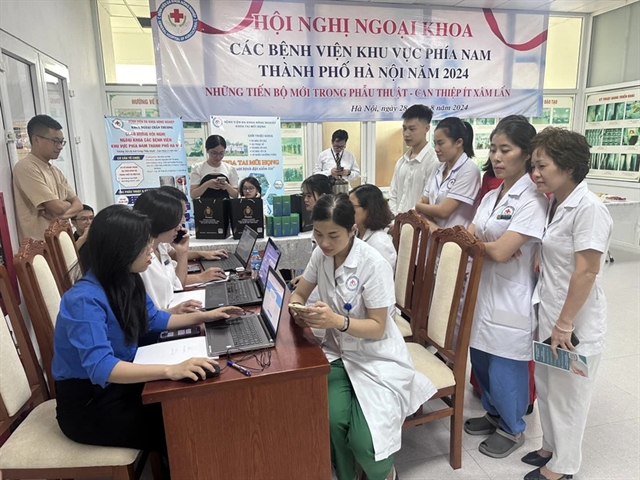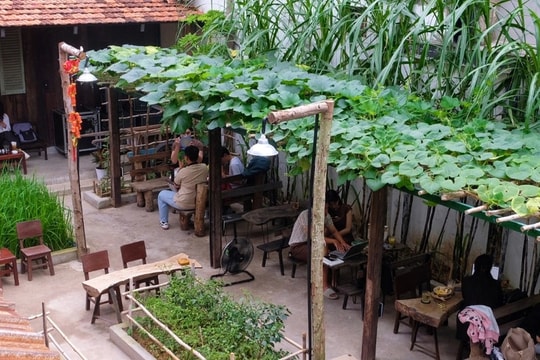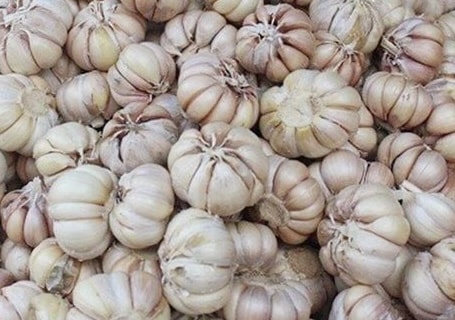 |
| Doctors and nurses at the Agricultural Hospital register as posthumous organ donors. VNA/VNS Photo |
HÀ NỘI – Việt Nam has established itself as the leading nation in Southeast Asia for organ transplants, performing over 1,000 procedures each year for the past two years.
Nguyễn Thị Kim Tiến, former Minister of Health and current President of the Việt Nam Tissue and Organ Donation Advocacy Association, shared these figures during the launch of an organ donation registration programme at the Agricultural Hospital in Hà Nội on Tuesday.
Tiến commended the nation's significant advancements in medical expertise and transplant techniques, marking over three decades of performing complex surgeries, including kidney, liver, heart, lung, pancreas, and corneal transplants.
"This accomplishment reflects Việt Nam’s remarkable progress and places us on par with other regional leaders in organ transplantation," she stated.
Currently, Việt Nam boasts 26 transplant centres that are well-equipped with modern technology and skilled personnel. However, a challenge remains: 96 per cent of organ donations come from living donors, with donations from brain-dead donors comprising just 4 per cent, insufficient to meet the growing demand for transplants.
Statistics from the Việt Nam Tissue and Organ Donation Advocacy Association indicate that approximately 100,000 individuals have registered for posthumous organ donation, yet tens of thousands are still waiting for transplants. The scarcity of available organs leads to dozens of patient deaths daily. Annually, around 300 brain-dead patients could provide over 6,000 organs and tissues, yet many are not utilised.
Dr Lê Văn, head of the organ donation branch at the Agricultural Hospital, reported receiving numerous organ donation offers from families of brain-dead patients eager to aid medical needs. Notably, out of the hospital's 700 staff members, 200 have pledged to donate their organs after death.
Looking forward, the Agricultural Hospital’s organ donation branch aims to enhance training and infrastructure to support organ transplant operations within the coming years, starting with kidney transplants. – VNS





















.jpg)


